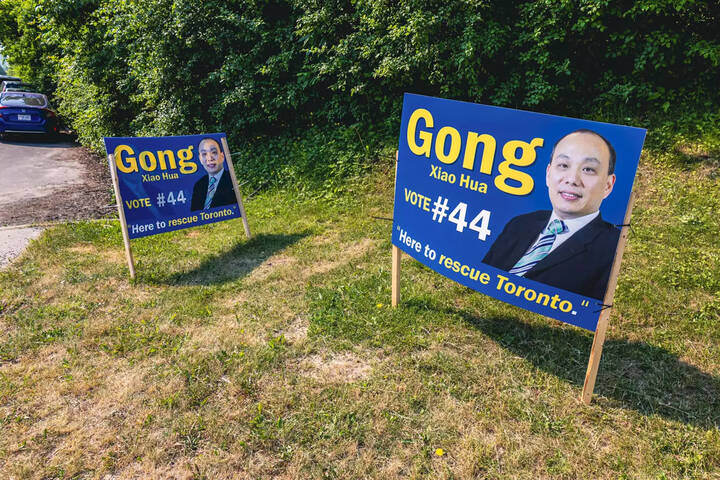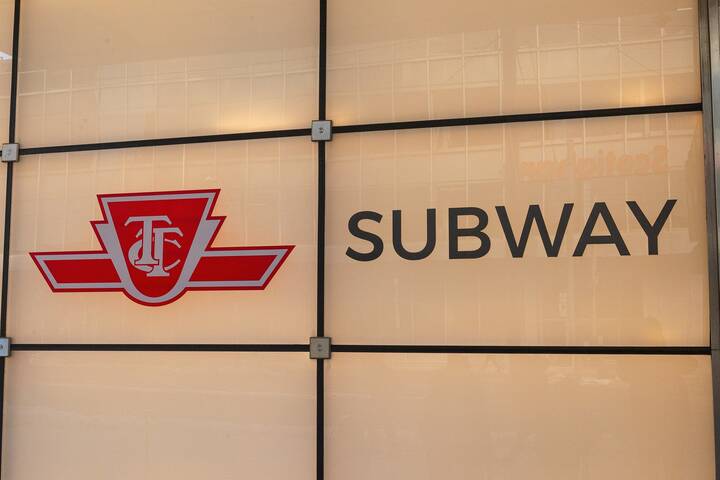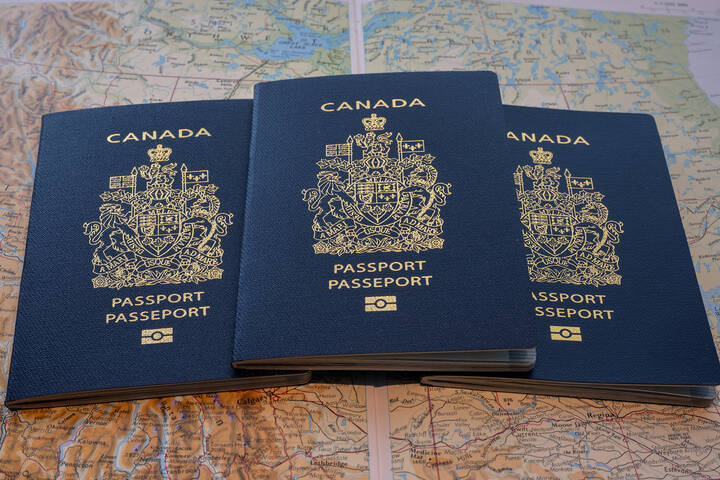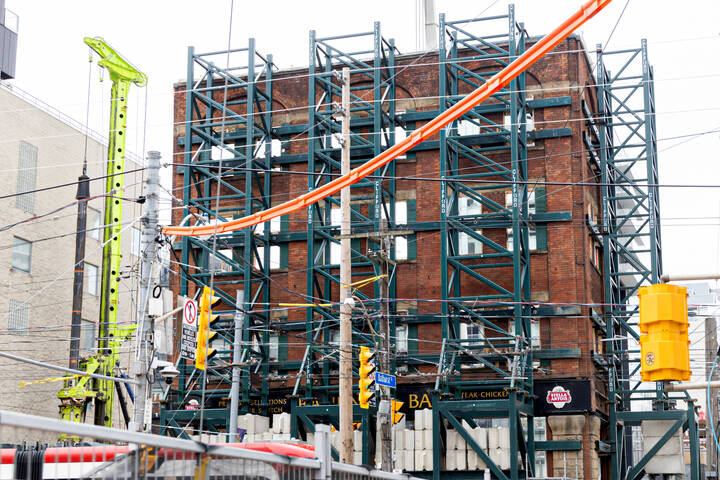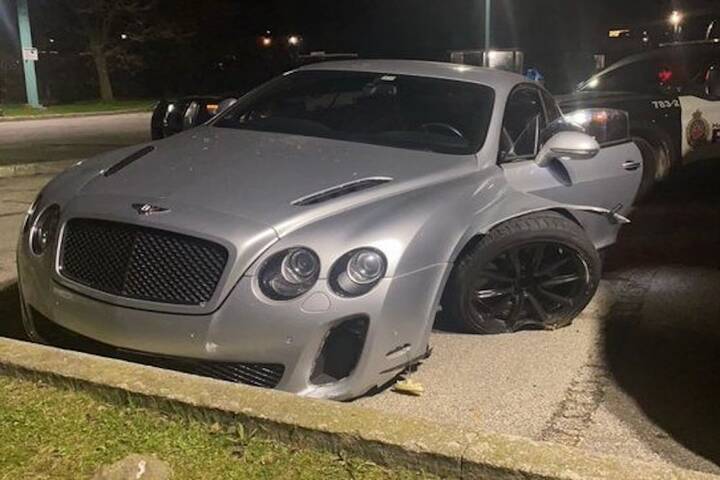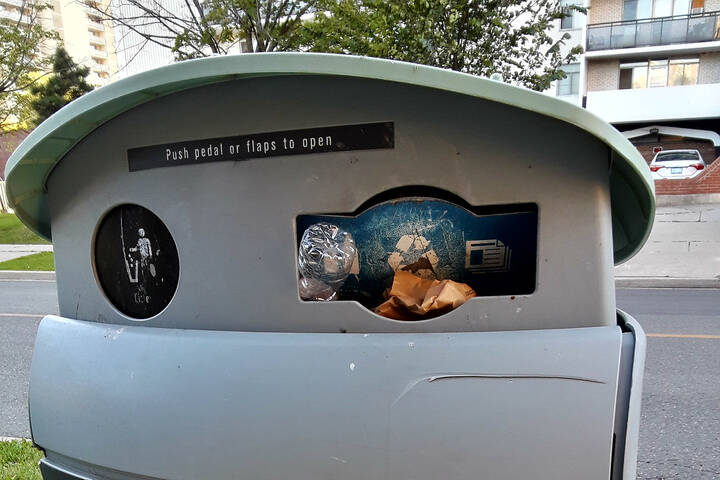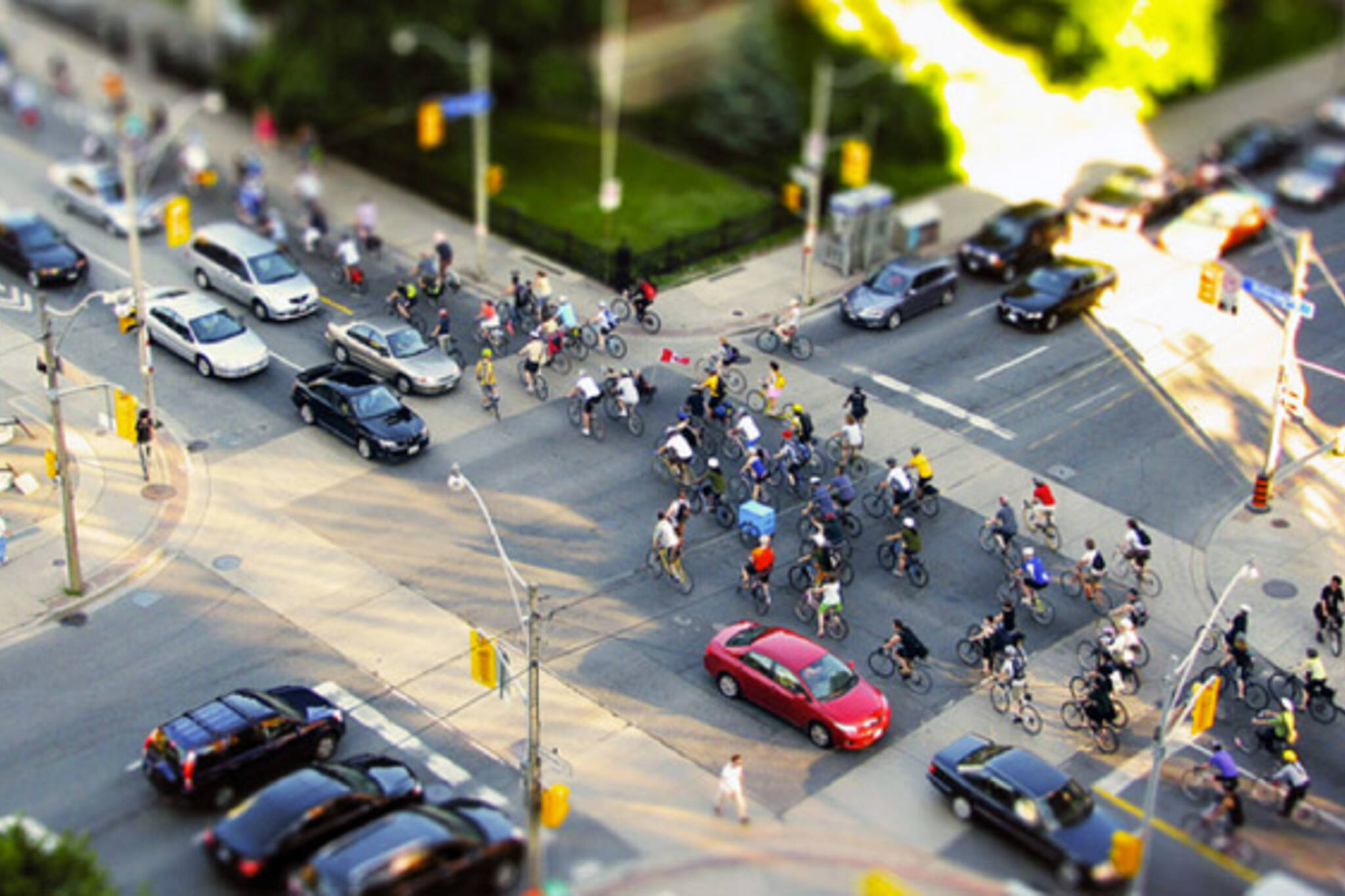
Is the phrase the "war on the car" a Toronto thing?
I just came across an intriguing article on the history of a phrase I hear altogether too often: "the war on the car." A favourite of our new mayor, the latest news is that he has brought the fighting to a victorious end with the putative death of Transit City. But, even if this is true -- and it's looking more and more as though it's not entirely -- somehow I doubt that the expression itself will fade away.
But here's an interesting theory, offered by Eric De Place of the Sightline Daily. According to his review of Google's news archive, use of the phrase "the war on the car" is highly concentrated in Toronto and Seattle.
"In the spring of 2009, a few months after officials in Toronto rolled out 'The Big Move' -- a 25-year, multi-billion dollar transportation plan that aimed at reducing per capita driving, reducing congestion, and increasing transit use -- the meme rocketed into prominence. On May 17, 2009, the Toronto Sun, a populist conservative tabloid-style paper, fired what appears to have been the opening salvo with a lengthy article called "Toronto's War On Cars." Five days later, the staid Toronto Star, Canada's highest-circulation daily newspaper, ran an editorial by Denzil Minnan-Wong, a city councilor with a decidedly pro-car perspective, who wrote: 'The city's undeclared but very active war on cars is really a war on people...'"
De Pace goes on to argue that an mini-explosion of the expression followed in Seattle later that fall. "It was about this time that the "war on cars" meme began to percolate in earnest in Seattle (though it had been used used occasionally before). In June 2009, however, Seattle's pro-road activist Elizabeth Campbell was quoted in the online Seattle PostGlobe saying, 'I think there's a war on cars and I don't support it' in reference to a mayoral candidate forum."
Now I'm well aware that a little bit of digging in Google's news archives is not exactly air-tight research, but at a very minimum it's intriguing to think that such phraseology would be mostly confined to two major cities (at least in terms of news headlines). I don't really know Seattle at all, but perhaps there's a connection between the planning/layout of our cities that leads to such heated argument over the issue. Or perhaps it's political? A longer look would be required to test and make any sense of this theory.
But, there's one thing De Pace argues that I unreservedly believe: "There's something almost laughably overheated about the 'war on cars' rhetoric. It's almost as if the purveyors of the phrase have either lost their cool entirely, or else they're trying desperately to avoid a level-headed discussion of transportation policy."
Um, yes.
Photo by Katrin Ray in the blogTO Flickr pool. Hat tip to Lloyd Alter of Tree Hugger who's already written about De Pace's theory.
Latest Videos
Latest Videos
Join the conversation Load comments
